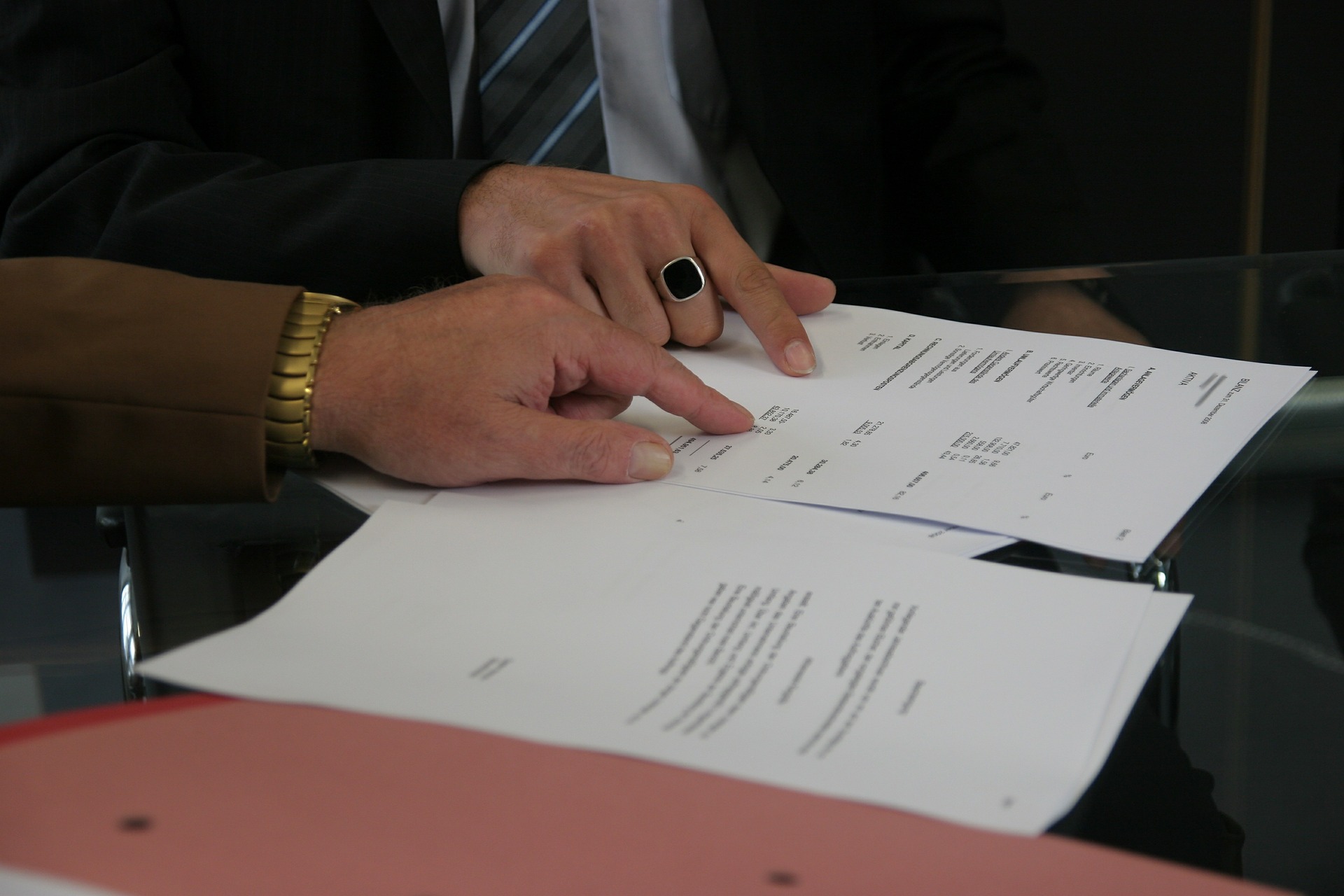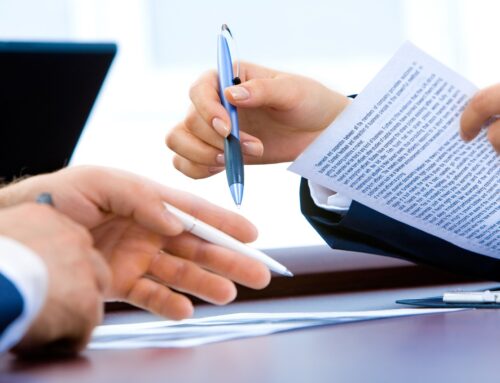Personal injury lawsuits allow you to receive compensation for injuries and financial losses in your life stemming from an accident due to someone else’s negligence. However, just because you can prove certain aspects of your case does not mean you will receive a payout covering all your medical bills or lost wages. It is critical to bring solid evidence to negotiations to establish a clear picture of the accident. Today, we will discuss the evidence most crucial for personal injury lawsuits that you, your family members, or your personal injury attorney should gather immediately following your accident.

Benefits of Evidence in Personal Injury Accidents
Florida is a pure comparative negligence state. Even if the court awards you damages, the amount of money you receive will be diminished proportionally based on your level of fault.
For example, if a negligent driver recklessly crashes into your car, you may still be found 25% liable for the accident if you were speeding. Even though the accident is not primarily your fault, your actions could have exacerbated the severity of the crash. In this scenario, you would receive only 75% of the compensation that the court found you initially eligible for.
Essential Evidence For Personal Injury Accidents
If you consult with a personal injury attorney immediately following your accident, they can help you gather evidence in your case. Most often, these forms of evidence are crucial for proving the fault of the other party:
- Police Reports – In Florida, you must report an accident to local law enforcement if the accident causes an injury, death, or more than $500 in property damage. Police will conduct an initial investigation, gather information regarding the drivers, and make a formal record of some of the initial facts on the ground. This information can be critical for building a case and creating a mental image of the accident that is the exact same as the actual situation. Your attorney can also request access to evidence that the police took from the accident scene. Furthermore, Florida residents can ask for crash reports from the Florida Department of Highway Safety and Motor Vehicles for a small fee.
- Medical Bills / Documentation – The amount of money you receive in compensation for your personal injury will rely on many factors. One of the most critical is your cost of medical care and rehabilitative programs. Insurance companies love to fight over minor details as a way to reduce their financial responsibility, but they can not effectively argue against itemized bills, documentation from the hospital and doctor, and a chronological list of when symptoms first appeared.
- Statements – Though physical evidence and crash reenactments are common ways to establish fault, statements can be just as powerful. If multiple witnesses to the accident, all unrelated and without bias, cast blame on one driver, a court will likely place fault on that driver. Many witness statements are taken by police on the scene, so including all of these statements in your case means the other side can’t claim that you are cherry-picking witnesses that agree with your story.
- Video Proof – Video or photo proof can often paint an undeniable picture of what happened on the day of your accident. Video cameras are all around you on the road, much more than you might think. Your attorney can reach out to drivers who had dashcams, local businesses with surveillance cameras, or witnesses to the accident that took photos or videos.
You shouldn’t worry about collecting all of this evidence alone. Immediately following an accident, reach out to a local personal injury attorney who can begin working on your behalf. Contact Probinsky & Cole – we have offices in Sarasota, Brandon and Orlando, and we are here to help.







